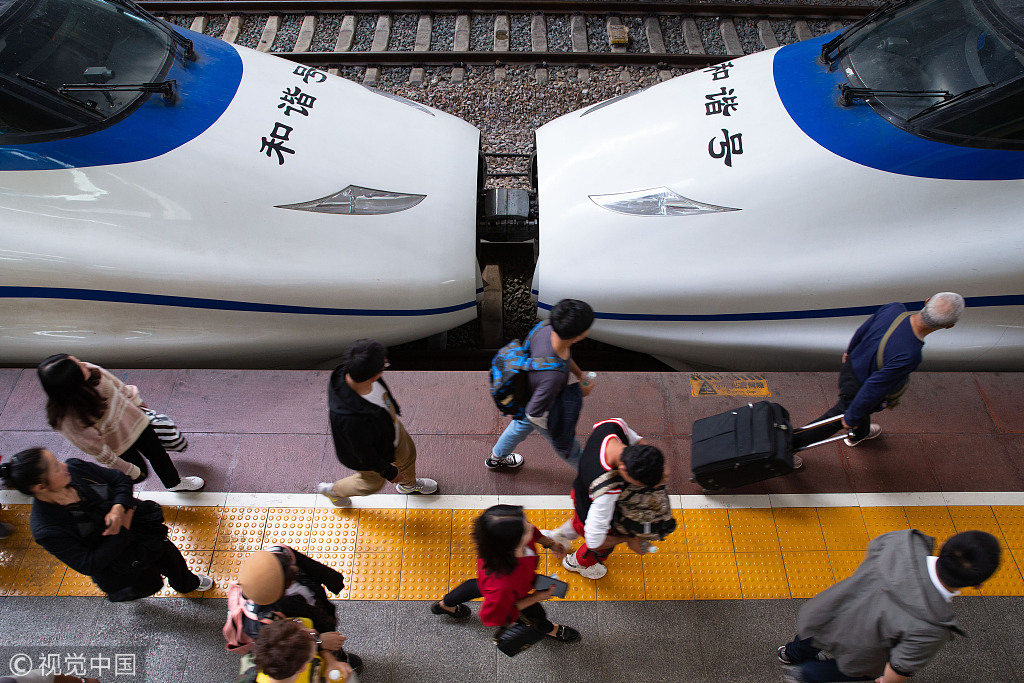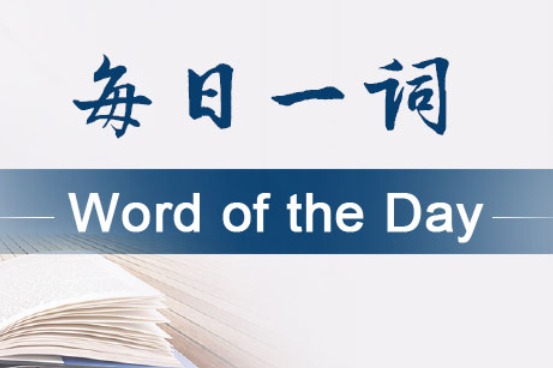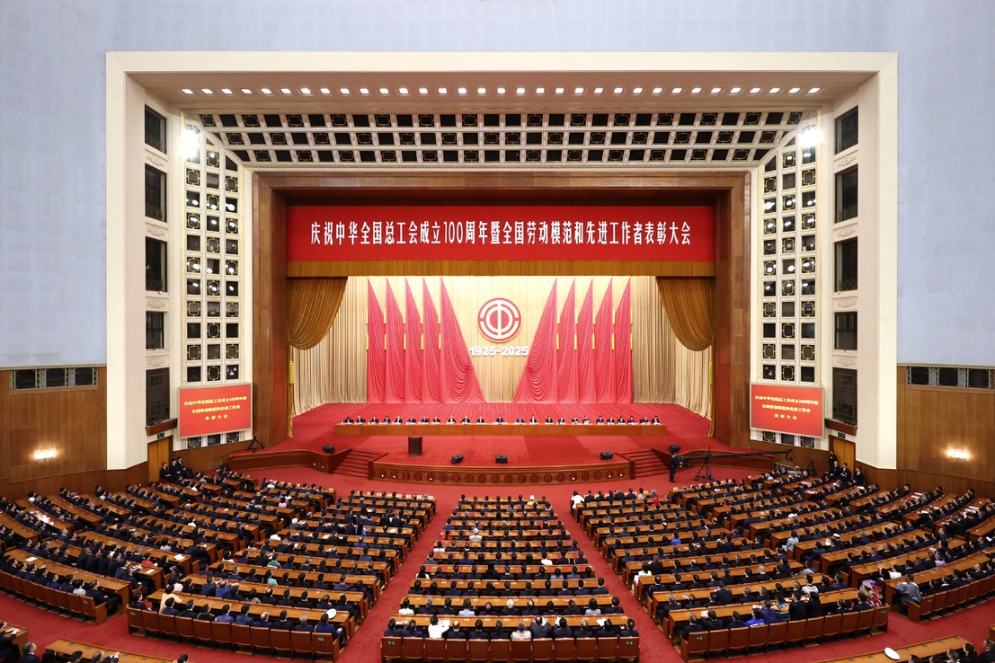广东立法明确禁止“高铁霸座”
中国日报网 2018-10-12 13:16

9月30日,广东省人大常委会会议审议通过《广东省铁路安全管理条例》,并将于12月1日起在广东省实施。最近受到广泛关注的“高铁霸座”行为将受到法律约束。

The regulation says all high-speed train passengers will be required to take their seats according to their seat numbers, and railway staff and train police will have the right to fine and punish those who refuse to vacate other people's seats.
该条例规定,高铁乘客均需对号入座,对于“霸座”行为,铁路工作人员和乘警有权进行罚款处罚。
该条例明确规定,无有效车票、车票所记载身份信息与本人真实身份信息不符的(passengers with invalid tickets or whose tickets do not match their identities),铁路运输企业有权拒绝其进站乘车。旅客应当按照车票载明的座位乘车,不得强占他人座位(take other's seat)。
条例还规定,铁路运输企业应当按照规定建立健全铁路旅客信用信息管理制度(credit information management system),对扰乱铁路站车运输秩序且危及铁路安全、造成严重社会不良影响,以及严重违反铁路运输企业安全管理规章制度的失信行为进行记录(keep a record of behaviors that may disturb railway transportation order and safety, have negative impact and seriously violate railway safety rules and regulations),并按照规定推送全国和地方信用信息共享平台(publish on national and regional credit information sharing platform)。有关部门和铁路运输企业应当依法对失信行为实施联合惩戒。
“霸座”在英语里到底怎么说?
最直白的表达就是,A takes/occupies B's seat and refuses to leave.也有英文媒体用A steals B's seat来表示。而发出这个行为的人,即“坐霸”在《南华早报》的报道中则被称为seat robber。
【相关词汇】
餐车 food trolley
餐车车厢 dining carriage
行李架 baggage storage
坐席 seat
卧铺 sleeper
商务座席 business seat
一等座 first class seat
二等座 second class seat
(中国日报网英语点津 Helen)

















 英语点津微信
英语点津微信 双语小程序
双语小程序